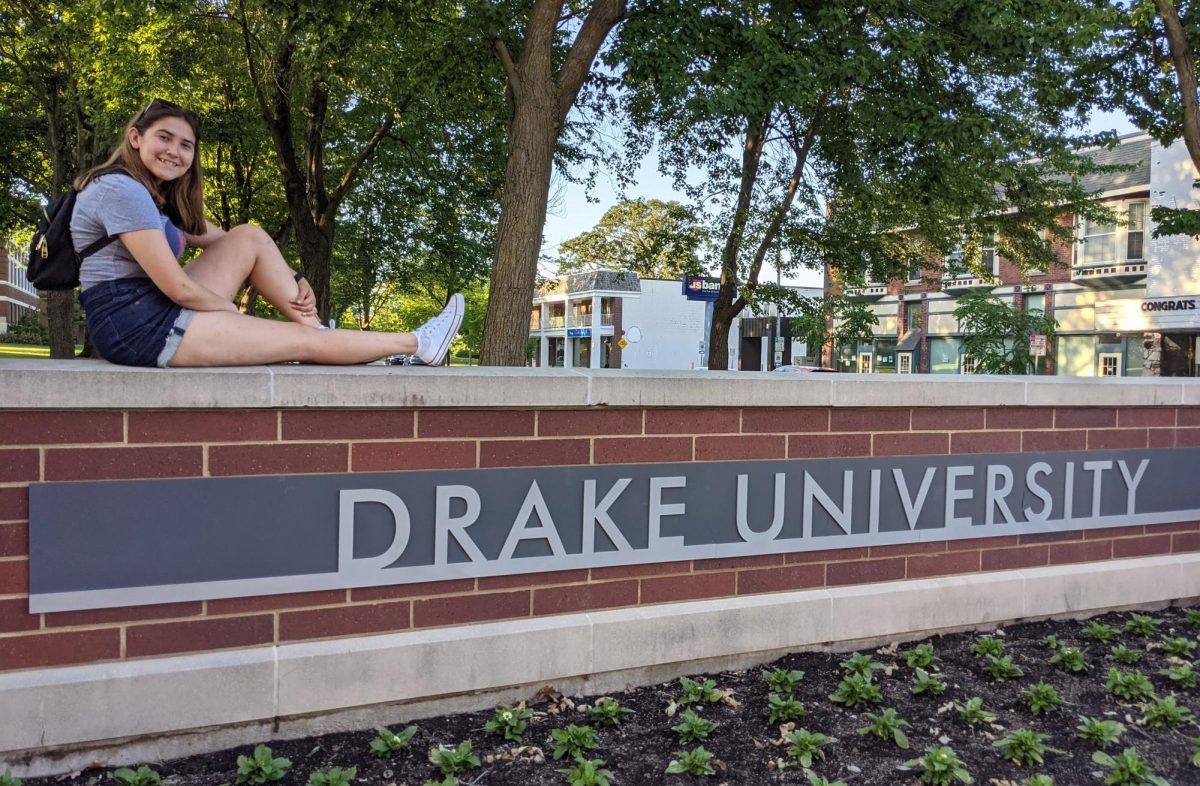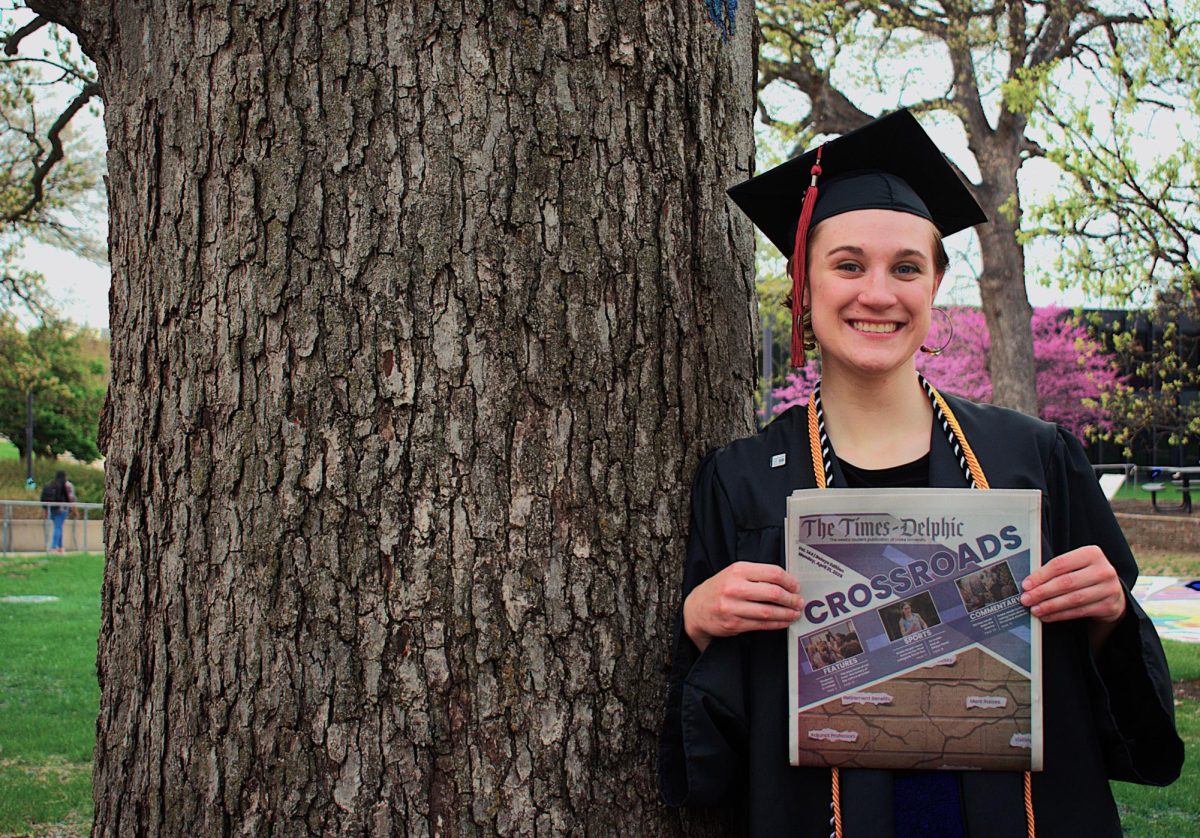In the opening of the TV series The Newsroom, news anchor Will McAvoy goes off on a public tangent describing all the reasons why the U.S. is not the greatest country in the world. He cites statistics about infant mortality rate, literacy, life expectancy and median household income, among others, to prove the U.S. does not lead the world by any positive measures.
Even though The Newsroom debuted in 2012, McAvoy’s point still has merit. As of 2017, the U.S. was 5 in median household income, 37 in life expectancy and 170 in infant mortality. If you judge a country by those standards, the U.S. is most certainly not the greatest country in the world.
What about income inequality? Or gender inequality? Or the number of citizens who live in poverty? No single country leads the world in all of these categories, though of course, the U.S. does not lead in any of them.
But are those the correct standards? How do you determine whether one country is better than the next? Using things like median income ignores the history of colonial oppression that prevented developing countries, who almost always rank last on these lists from, well, developing. And vice versa; saying western countries are greater than developing countries ignores the terrible exploitation it took western nations to get this far.
The growth and success of every nation is a complex process that cannot be removed from historical context without depriving us of the whole picture. Statistics are bland snapshots of a specific moment that are only useful in a specific framework.
Perhaps there isn’t any one measure by which we can crown one country greater than every other. Personally, I don’t believe there is an answer to this question. Most, if not all, countries are haunted by the sins of their past and consumed by terrible problems in their present. To say any country is the greatest country in the world is to ignore a myriad of issues, historical and present-day, that should disqualify every country.
But that’s not the point McAvoy was trying to make, in that first episode of The Newsroom.
Asking whether the U.S. is the greatest country in the world is a very American question. Rooted in it is the idea of American Exceptionalism, something most every U.S. citizen is taught growing up. The idea that there is something—often indefinable—about our country that just makes us different from and better than everyone else.
Frequently cited are things like freedom or morality or equality or military prowess. All things other countries also possess and all things that the U.S. fails to provide to at least some of its inhabitants. All things that the U.S. has historically failed to provide to an even greater number of its inhabitants.
We live in an increasingly interconnected and globalized society, where it is easier than ever to learn about the sins of our country’s past and the terrible problems plaguing our country’s present. The idea that the U.S. is better than everyone else isn’t as popular as it used to be, even in the U.S.
And in the midst of a global pandemic, when U.S. leaders’ responses have been mixed at best, leading to confusion and a greater spread of COVID-19; when the lack of preparedness and testing has left people bereft of options, hospitals overcrowded and nurses and doctors overworked; when our President has said 1-200,000 American deaths would be a sign his administration has “done a very good job”
Well. In the midst of all that, it’s easy to say that, even if there is a greatest country in the world, it’s not us.






